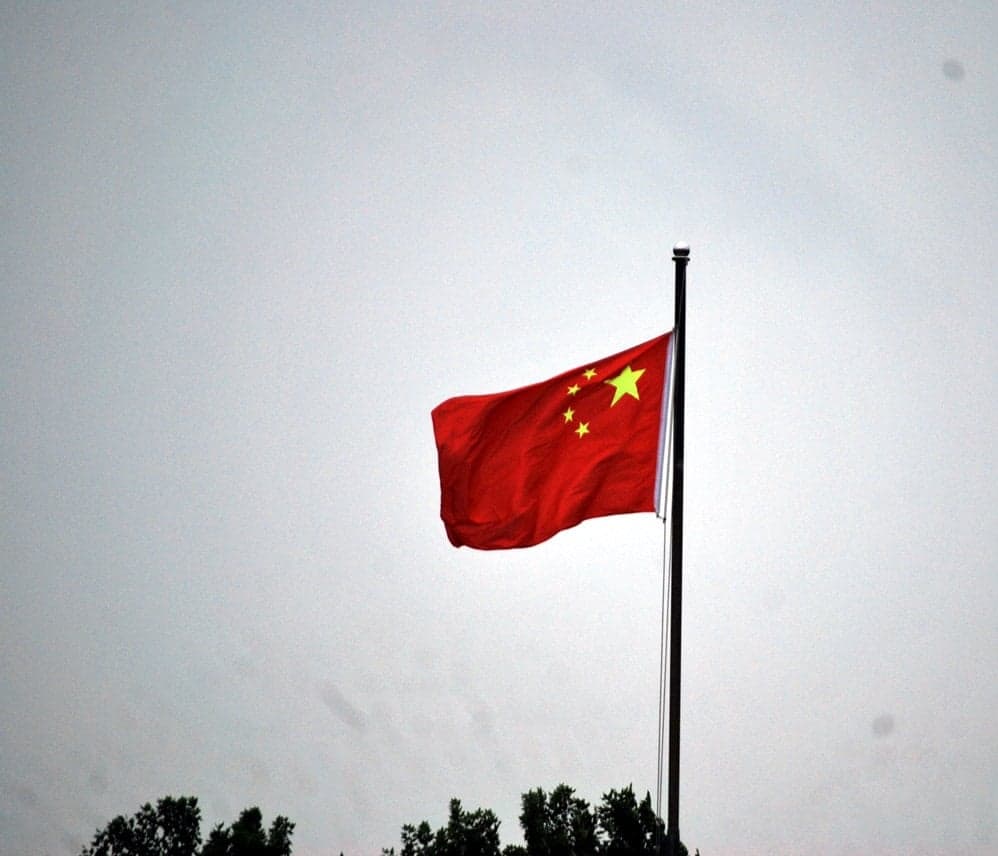Published:
On August 18, United States Trade Representative Robert Lighthizer announced a trade probe of China's intellectual property practices. According to the Chicago Tribune, the probe is meant to verify complaints that "Beijing improperly requires foreign companies to hand over technology in exchange for market access." The United States government claims that these allegations amount to serious intellectual property and technology theft, meriting a thorough investigation that may take up to a year. The probe was invoked by triggering Section 301 of the Trade of Act of 1974, which allows the president to levy tariffs and other such restrictions on countries accused of "unfair trade practices." If the allegations against China are true, it is estimated that the value of intellectual property loss may amount to as high as $600 billion.
The investigation process will severely affect business between the United States and China, further straining tense trade relations. Chinese officials have spoken out against the probe, stating that the country will do all it can to protect its overseas business investments. The government has also retaliated against a request by the United States for a World Trade Organization dispute settlement panel regarding China's tariff policies on agricultural products. Should the WTO move ahead with this panel and find a case against China, the nation will be forced to entirely change its tariff rates. These two cases have arisen in the trail of other trade disputes between the United States and China, including a new series of sanctions. Since both countries are major trading partners, some have speculated that these disagreements could lead to an all-out trade war. The results of the probe and the WTO tariff panel may prove a tipping point for the relationship between the United States and China.
File under






